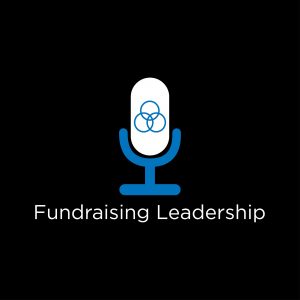
Are You Above or Below “the Line”?
Margaret and David discussed the concept of “the line.” They refer to this line as a reference to your outlook, mood, and perspective.
They explained that being above the line means you are in flow, connected, and open. You are curious and able to listen. Choice and agency also live here.
Being below the line, on the other hand, is where we are when we feel victimized and helpless. This is a space where we feel like Eeyore (the donkey from Winnie the Pooh) — where we believe everything is happening TO us, as opposed to BY us or FOR us.
Humans are constantly moving around from above to below and back above their own lines. The invitation is to notice one’s current state, and not judge if you find yourself on the wrong side of your line.
Taking the High Road in Conversations
They chose this topic because many people they have spoken with recently are spending a lot of time feeling helpless. For many, it’s politics and news. Others land there when they face tough circumstances in life. These might include recovering from a surgery, caring for a sick parent, or dealing with a hard work situation.
One way to immediately drop below the line is needing to be right. This happens when individuals become locked in their righteousness and lose the ability to listen, and then to communicate.
David talks about the idea of the “righteousness racket.” Attachment to being right — and thus below the line, has a negative impact. Yet, if it’s a familiar place, it also has a payoff.
They also touched on the human tendency to pull others down with us to keep us company and commiserate. Conversely, pulling people up and over that line has more potential for shared joy and positivity to unite people.
Recovery: How Do We Go From Below to Above?
David has found himself spending some time lately below his line as he has struggled with a challenging recovery from surgery. He didn’t expect recovery to be as difficult as it has been, which made him vulnerable to negative thoughts.
He talks about some of the strategies he has used to recover and get himself back to a place of more agency. Maintaining a routine (especially in the mornings), taking one (or more) conscious breaths, and chilling have all helped him find his way back up.
Another important boost for David was to ask for help and seek encouragement from his wife and friends.
Receiving this support reminds David and Margaret about the importance of “encouragement” for leaders. Leaders encouraging their people as they manage their teams, especially during difficult times, can really boost people. And encouragement works best when it is very personal to the recipient.
Margaret shared some of her practices for recovering back over the line. They include spending time and committing to pleasurable activities, seeking sunshine and spending time in nature, and somatic practices to help manage stress.
David mentioned a video introducing the “above the line” and “below the line” methodology.
Contact David or Margaret if you’re currently feeling below the line and would like some help getting above it.